Years after she was captured alongside her then-husband, former President Laurent Gbagbo, during Ivory Coast’s 2011 political crisis, Simone Ehivet Gbagbo is making a dramatic return to the political spotlight. At 76, the former first lady is running for president in Saturday’s election, hoping to become the first woman to lead the West African nation.
Representing the Movement of Skilled Generations party, Simone Gbagbo is contesting against four candidates, including incumbent President Alassane Ouattara, who is seeking a controversial fourth term. Despite the odds, Gbagbo remains confident that the time is ripe for a woman to lead Ivory Coast. “I think this idea of a female president is much less shocking than it was 20 years ago,” she said during a campaign stop in Guibéroua. “It’s good for a woman to run, and if it’s me, then so much the better.”
Once nicknamed the “Iron Lady” for her influence and hardline stance as first lady, Simone Gbagbo was one of the most powerful women in Ivorian politics during her husband’s decade-long rule from 2000 to 2010. Her tenure was marked by civil unrest, deep political divisions, and a civil war that claimed thousands of lives.
After Laurent Gbagbo’s refusal to concede defeat to Ouattara in the 2010 election, the couple was arrested in 2011 when French and UN forces stormed their bunker in Abidjan. Simone faced multiple charges, including “crimes against humanity” and “undermining state security.” She was sentenced to 20 years in prison in 2015 but was granted amnesty by President Ouattara in 2018.
Now divorced from her husband since 2023, Simone Gbagbo is determined to redefine her legacy. She has positioned herself as a voice of reconciliation and reform, promising social welfare programs and national unity in a country still healing from past conflict. Her campaign focuses on addressing inequality, as 37.5 percent of Ivorians continue to live below the poverty line despite the country’s economic growth.
Analysts say her path to victory remains steep, with the electoral commission disqualifying many of Ouattara’s key rivals, leaving what some describe as a “weak opposition field.” Yet Gbagbo’s long political history, charisma, and loyal following may still make her a force to reckon with.
“People are angry and frustrated, and rightly so,” she told reporters. “The wise thing to do is to turn out en masse and vote for change.”
As Ivorians head to the polls, the former first lady’s journey from prison to presidential hopeful marks one of the most remarkable political comebacks in African history. Whether Simone Gbagbo’s “Iron Lady” spirit can turn decades of controversy into a story of redemption remains to be seen but one thing is certain: she has placed herself once again at the heart of Ivory Coast’s political destiny.


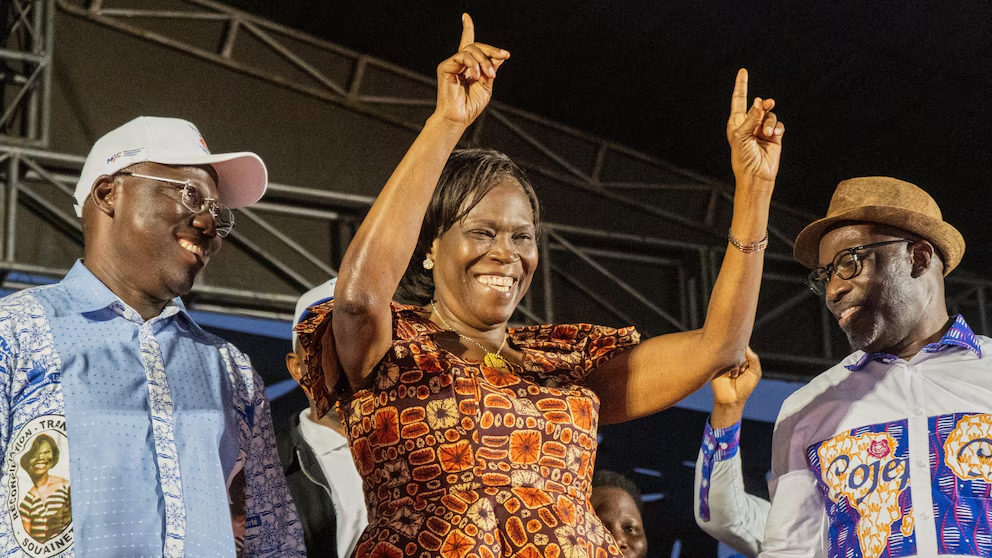

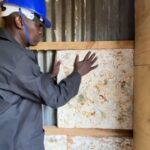


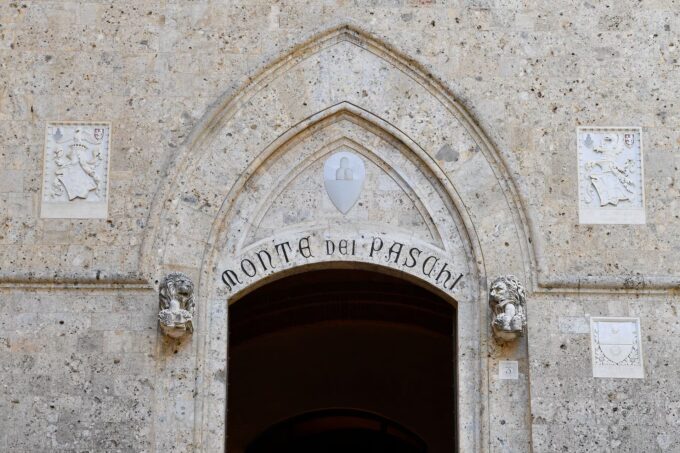
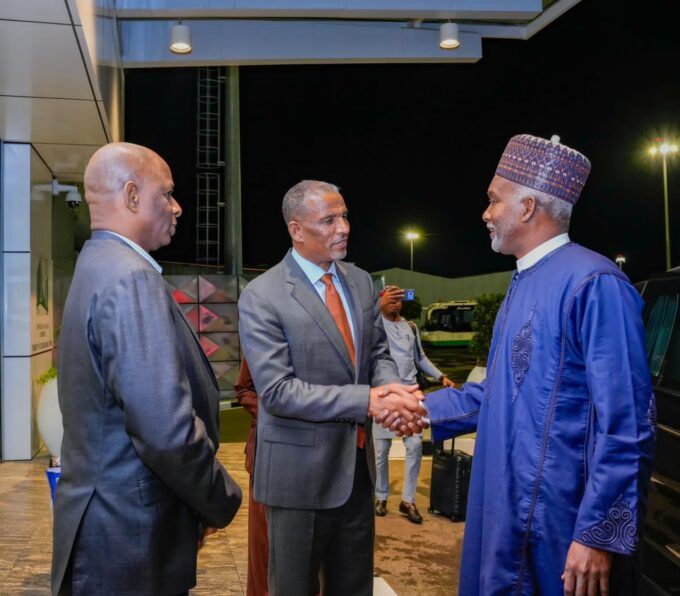


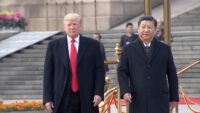

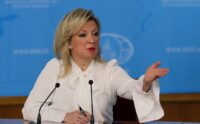
Leave a comment